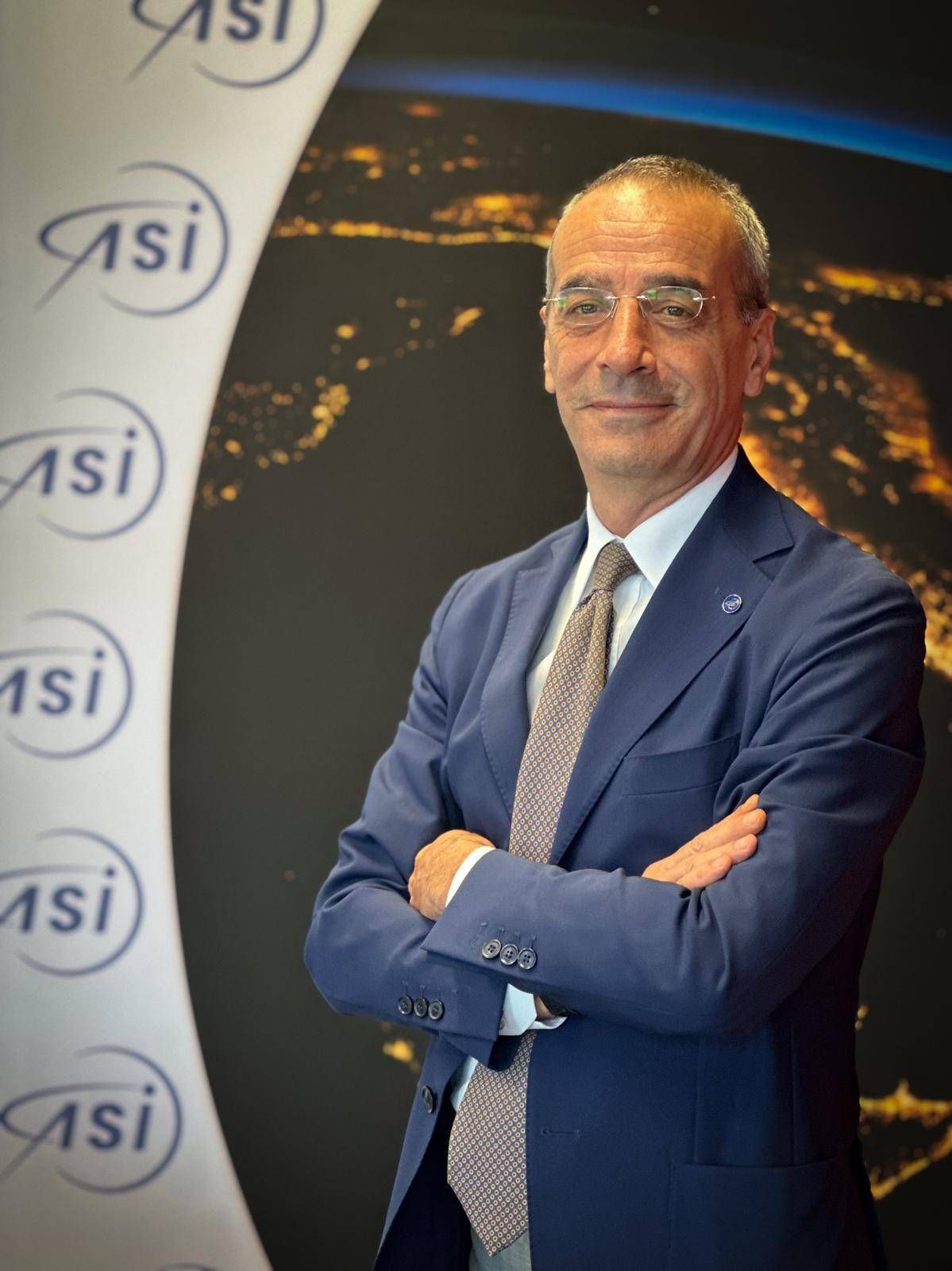A firm and decisive gaze, composed in every movement, even after a morning spent incessantly between panels and meetings, Asi’s number one, Teodoro Valente, allows himself a break from the turmoil that is Iac 2024, the International Astronautical Congress underway in Milan. “Space – he tells Adnkronos – is much closer to us than we perceive”. From weather forecasting to television broadcasting, if there were no satellite assets in orbit “we would go back tens of years or we wouldn’t even have the service”. First full professor of Materials Science and Technology at the La Sapienza University of Rome, then director of the Institute for Polymers, Composites and Biomaterials of the National Research Council, Valente has been president of the Italian Space Agency since 2023. The future of a strategic sector such as space for our country is in his hands.
The numbers of this edition of the Iac confirm it: in just two days attendance exceeded 11 thousand, with 500 exhibiting companies and more than 7000 abstracts regarding the scientific part. The congress returns to Italy after 12 years (the last local edition was held in 2012 in Naples), a sign of “a renewed interest in the Italian space ecosystem on the part of the international players in the field”. A cutting-edge ecosystem hungry for new challenges. The next step is Iride, one of the most important European space programs for Earth observation in low orbit composed of a constellation of 68 satellites, the result of a collaboration between ASI and ESA (European Space Agency). The project will allow us to provide monitoring and data processing services in almost real time: “Iride will allow us to have an early warning approach in many fields – from hydrogeological instability to fires – and therefore to act in a preventive manner” explains Valente. The system was built with PNRR funds for 1.1 billion euros and will be completed in 2026. Extending the time window, the focus of the next fifteen years is entirely on the Artemis program with the aim of returning with a crew to the surface of the Moon and start work on the first settlements, finding extra-atmospheric resources as a landing point for future human Martian exploration. Italy was one of the first countries to sign the agreement and work is proceeding at a rapid pace. The Asi-Nasa initiative for the creation of the first habitation module on the lunar surface is fundamental and has passed the first two phases of review by the US space agency. “We now await the definitive confirmation of the consolidation in architecture next November” adds the number one of the Italian Space Agency.
To carry out these programs, a high level of expertise is needed in various fields – from space access systems to the use of new technologies such as quantum computing, artificial intelligence and cybersecurity – but also huge economic resources. At the opening of the event, last Monday 14 October, the Minister of Business and Made in Italy, Adolfo Urso, reiterated that in the five-year period 2021-2026, the public resources made available for space exceed 7 billion euros . “When investments are these – underlines the president of ASI -, on the one hand there is the belief that these activities are important for the country system in terms of growth and economic repercussions, and on the other there is full support for carrying out these activities”. Relations with the executive led by Prime Minister Giorgia Meloni “are excellent”.
In the context of Iac 2024, the implementation of the Mattei Plan for the space sector was also discussed. In fact, the second meeting between Italy and African countries was held, which follows the previous one in July, to discuss what actions to take within the Plan. Africa has different needs, according to Valente “we must work with them by offering a panorama of possibilities that is suited to the needs of individual countries”. Basic training courses on space and capacity building, up to the development of projects concerning Earth observation. The African continent offers “great potential”, the ultimate goal is to allow the growth of these countries on site “by enabling them to make useful use, for example, of data from satellite assets on intelligent agriculture, management of water resources and changes climate”. The path has been traced, the years to come will be frenetic for the Italian space sector and the ambitious projects of the Italian Space Agency.
